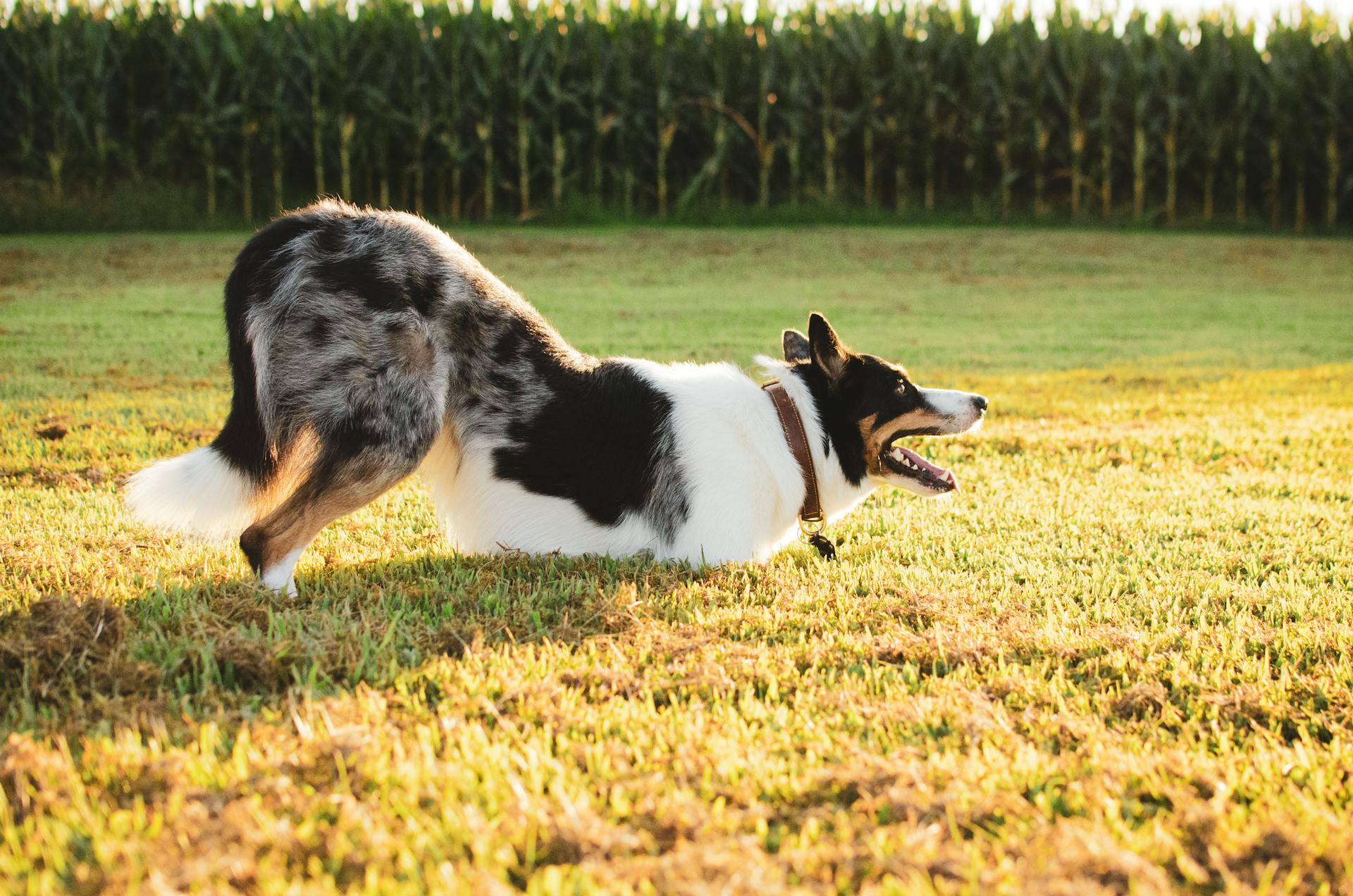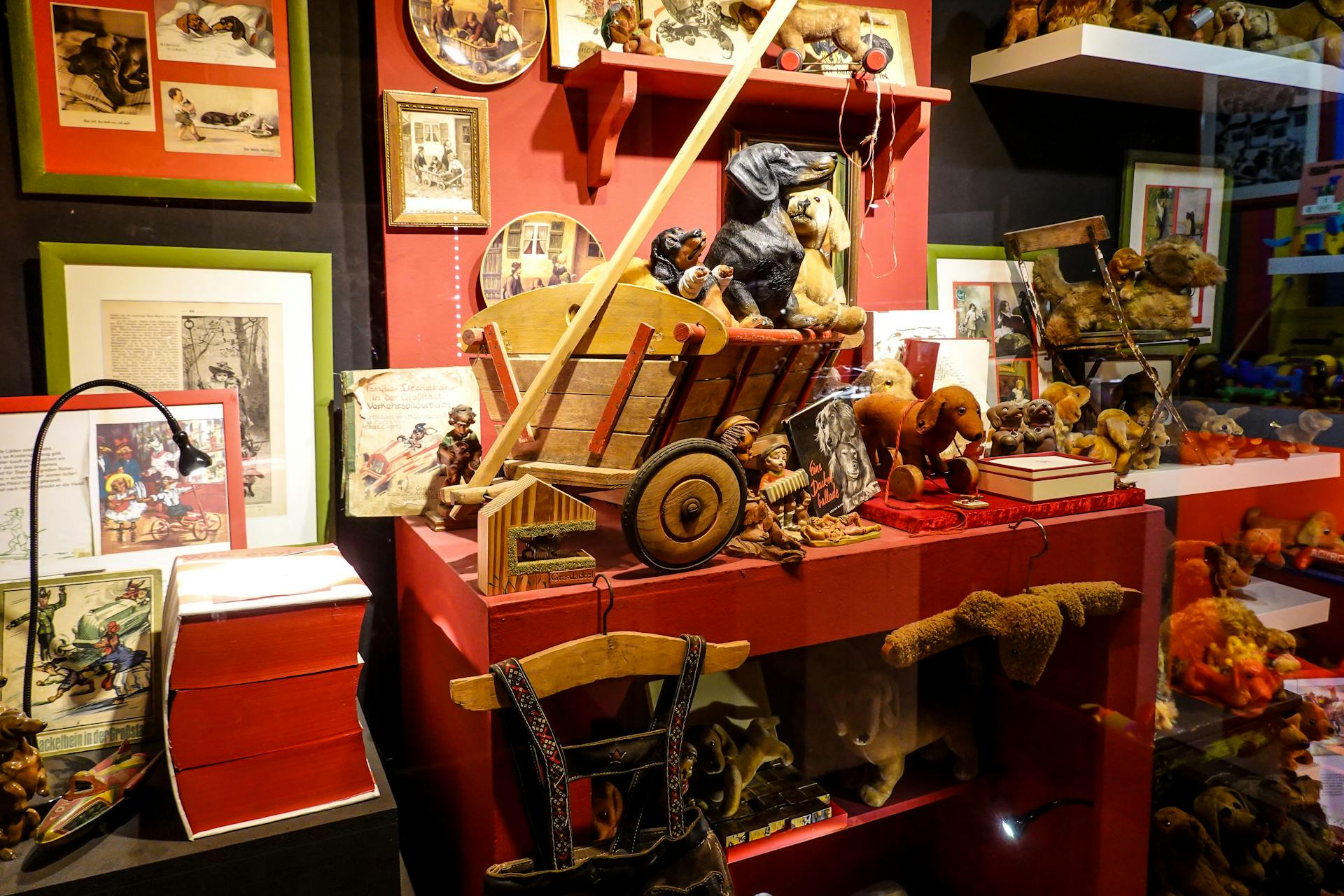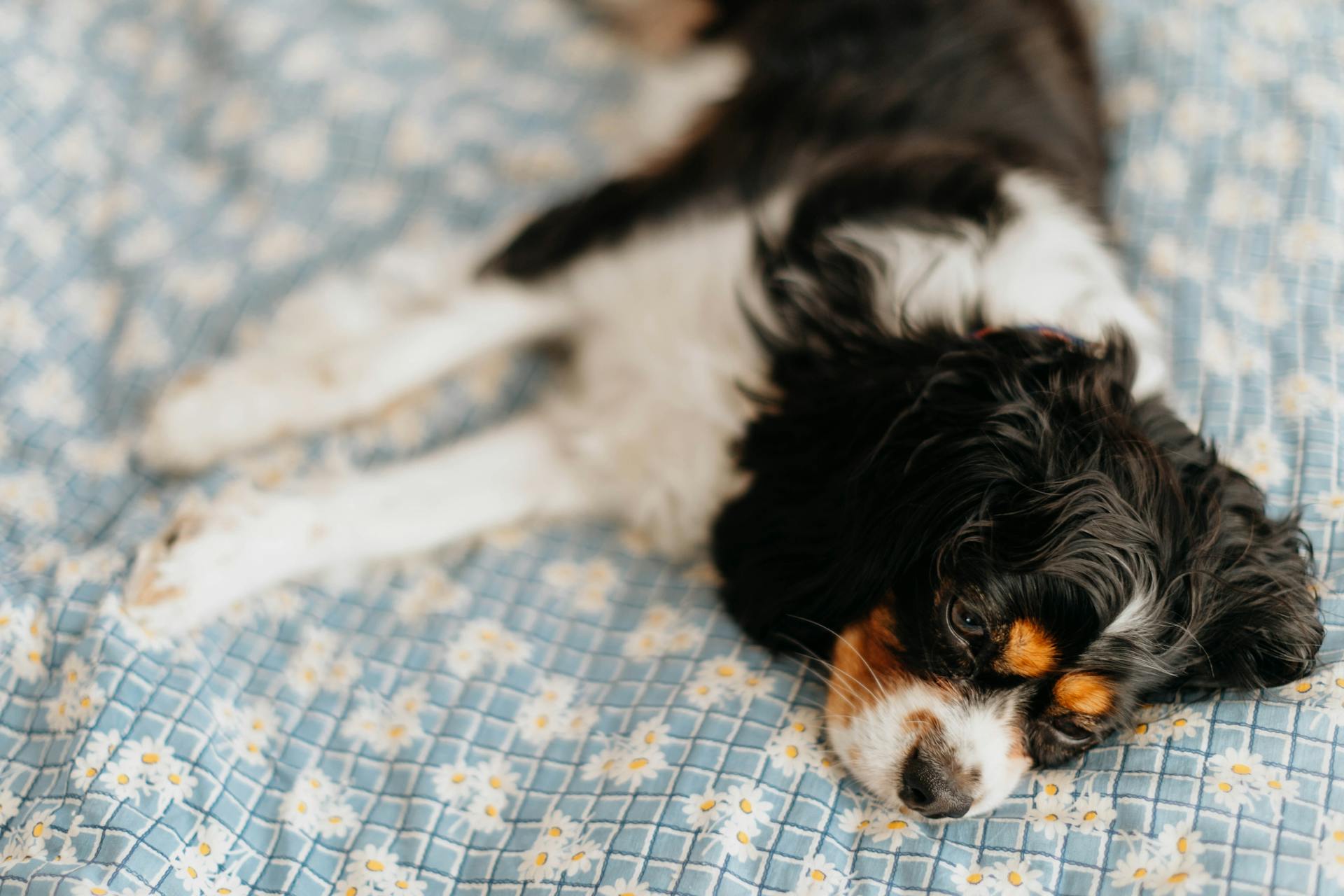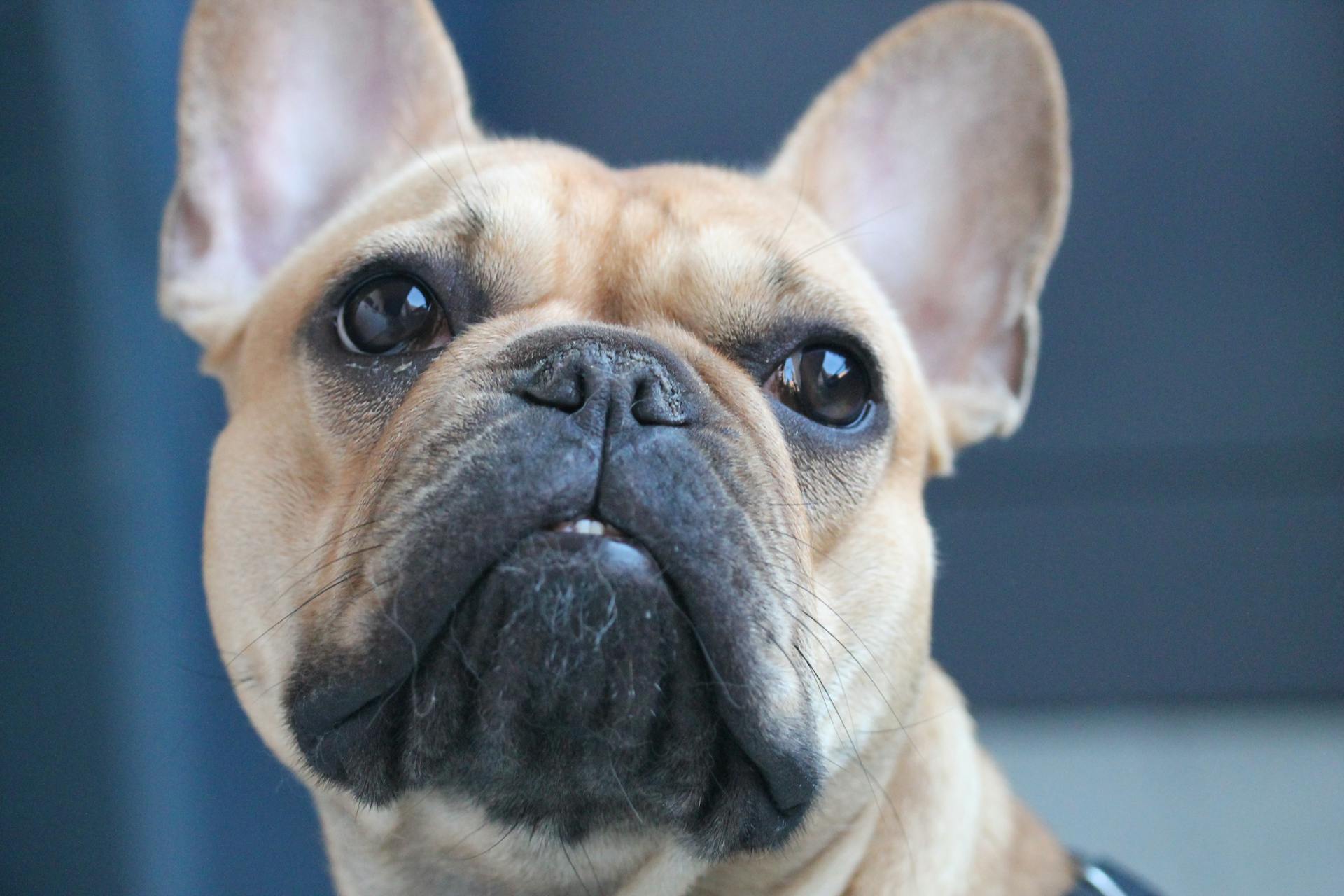
The Shiloh Shepherd is a relatively new breed, developed in the 1990s. They are a cross between a German Shepherd and an Alaskan Malamute, and are known for their intelligence and loyalty.
One of the main benefits of owning a Shiloh Shepherd is their high intelligence. They are highly trainable and thrive on mental and physical stimulation, making them a great choice for active families. They are naturally protective of their families, but also have a strong instinct to please their owners.
Shiloh Shepherds are generally healthy dogs, but they can be prone to certain health issues. Hip dysplasia is a common problem in the breed, and they can also be susceptible to eye problems. Regular exercise and a balanced diet can help prevent these issues.
Overall, Shiloh Shepherds are a loyal and loving breed that make great companions for active families. They require regular exercise and mental stimulation, but reward their owners with their loyalty and affection.
What Do They Look Like?
Shiloh Shepherds are big dogs, to say the least. They're about 40 pounds heavier than German Shepherds, making them easily recognizable from a distance.
Their size is one of their most distinctive features, with males weighing between 100-130 pounds and females weighing between 80-100 pounds. Males are also taller, measuring 28-30 inches at the shoulder, while females are slightly shorter at 26-28 inches.
Shiloh Shepherds come in two distinct coat types: smooth and plush. The smooth coat is a thick, medium-length coat with a harsh layer of outer hair, while the plush coat has more hair around the head and neck, with a denser undercoat.
Their color patterns are also unique, with hints of silver, red, and even blue. They have the same long, pointy ears as German Shepherds, as well as a long snout and dark brown eyes.
Here are the average weights and heights for Shiloh Shepherds:
Their size and coat type make them look like wolves, which is why many people mistake them for one. Despite their size, Shiloh Shepherds are known for being loyal and affectionate companions.
Explore further: Shiloh Shepherd Size
Temperament and Personality
Shiloh shepherds are known for their loving and outgoing personalities. They make excellent family companions and are highly versatile, capable of learning any task with positive reinforcement.
Their sensitivity level is a bit higher than other breeds, so they don't tolerate irregular daily routines, noisy households, or frequent guest visits well. Soft punishment can also affect them emotionally.
Shiloh shepherds are highly affectionate dogs, ranking from average to high on the affection scale. They enjoy being involved in the family's life and like to be around people or other animals.
Here are some key temperament traits of Shiloh shepherds:
Shiloh shepherds are not naturally aggressive, but they can be trained to be watchdogs or guard dogs. They are calm and quiet indoors, but may become aggressive when outdoors and around people or other animals that might cause harm.
Readers also liked: Are German Shepherds Aggressive
Health and Lifespan
Shiloh Shepherds are generally a healthy breed, but like all dogs, they can be prone to certain health conditions. They typically live for 12-14 years, which is impressive for a large breed.
Hip Dysplasia is a common issue in Shiloh Shepherds, affecting the hip joints and potentially leading to mobility issues and arthritis. Elbow Dysplasia is another condition to watch out for, causing inflammation in the elbow joint.
Shiloh Shepherds are also at risk for Panosteitis, a condition that causes intermittent lameness and bone pain, primarily affecting young dogs during their growth phase. Megaesophagus is another condition that can occur, where the esophagus becomes enlarged and weakened, making it difficult for food to pass into the stomach properly.
Some Shiloh Shepherds may also experience Bloat, a life-threatening condition where the stomach fills with gas and twists on itself. Perianal Fistula is another painful and chronic infection or sore that can occur around the anus.
To prevent or manage these health issues, regular veterinary check-ups are essential. Shiloh Shepherds should have a complete physical check-up at least once (but preferably twice) per year.
Here's a list of some common health issues that can affect Shiloh Shepherds:
- Hip Dysplasia
- Elbow Dysplasia
- Panosteitis
- Megaesophagus
- Bloat
- Perianal Fistula
It's essential to work with a reputable breeder who prioritizes responsible breeding practices to minimize the risk of these health issues.
Care and Grooming
Shiloh shepherds are relatively easy to care for, but they do require regular grooming to stay healthy and happy. Daily brushing is a must to prevent matting and reduce shedding, which can get worse over the spring and summer.
Their double coat sheds moderately, but regular brushing can help reduce the amount of hair that falls out. They also have a tendency to gain weight, so feeding them high-quality food and sticking to a schedule is essential.
To keep your Shiloh shepherd's coat looking its best, bathe them only as needed with a mild shampoo, and avoid over-bathing, which can strip their coat of its natural oils. They should have their nails trimmed before they get too long, usually once or twice a month, and their teeth brushed at least three times a week to maintain their oral health.
Here's a quick rundown of their grooming needs:
- Daily brushing
- High-quality food and regular feeding schedule
- 60 minutes of exercise per day
- Nail trimming every 1-2 months
- Teeth brushing at least 3 times a week
Coat Color and Grooming
The Shiloh Shepherd's coat is a beautiful thing, and with the right care, it can be a breeze to maintain. Their coats come in a variety of colors, including black, brown, silver, gray, red, and pied, often with a combination of two or more colors.
Shiloh Shepherds have a medium-length, straight coat that requires regular brushing to prevent matting and reduce shedding. Daily brushing is a good starting point, but be prepared for extra brushing during seasonal shedding.
Their double coat is a blessing in extreme weather conditions, keeping them cool in the summer and warm in the winter. However, this also means they shed heavily, especially during seasonal changes. Be prepared for a lot of loose hair, and invest in a good vacuum cleaner.
While their coats are relatively easy to care for, they do require regular nail trimming, ear cleaning, and dental care to prevent health issues. Brushing their teeth at least three times a week is a must, and your veterinarian can guide you on how to do it properly.
Here's a quick rundown of their grooming needs:
- Brush daily to prevent matting and reduce shedding
- Bathe only as needed, ideally every 3-4 weeks
- Trim nails regularly to prevent clicking on hard surfaces
- Clean ears daily to prevent infections
- Brush teeth at least three times a week
With regular grooming and attention to their specific needs, your Shiloh Shepherd's coat will thrive, and you'll enjoy a beautiful, healthy companion.
Fenced Yard Needed?
You'll need a fenced yard for a Shiloh Shepherd, as they're too active to stay in a small space without one.
This breed needs a yard to run around and exercise, so a fence is essential to prevent escape.
A fenced yard will also help keep your Shiloh Shepherd safe from potential dangers outside, like other animals or traffic.
You'll want to choose a sturdy fence that can withstand their energetic play.
A Shiloh Shepherd can jump high, so a tall fence is necessary to keep them contained.
Exercise and Activity
Exercise and activity are crucial aspects of Shiloh Shepherd care. This breed requires a lot of physical and mental stimulation to stay healthy and happy.
Shiloh Shepherds need a few hours of extensive physical exercise per day, typically divided into three separate "walk" sessions. They also require some intensive training every day.
They can tolerate indoor environments with careful exercise and several walks a day, but it's not the best choice if you want to keep them indoors.
Daily exercise of 60 to 90 minutes is recommended for adult Shiloh Shepherds, while puppies and seniors require shorter walks and low-impact activities.
To keep your Shiloh Shepherd happy and healthy, take them for a 20-30 minute walk at least two times per day, and consider taking them running for 30 minutes if you don't have time for two separate walks.
Shiloh Shepherds are not the most playful dog breed, but they do enjoy playing and running around. They can get restless and overweight if they don't get enough exercise, leading to health problems.
Here are some exercise tips for Shiloh Shepherds:
- Take them for a 20-30 minute walk at least two times per day
- Consider taking them running for 30 minutes if you don't have time for two separate walks
- Provide yard time behind a tall fence
- Add some intensive training every day
Trainability and Intelligence
The Shiloh Shepherd is a highly trainable breed, making them a joy to work with. They can learn complex tasks with ease, and their high intelligence means they can even perform elite agility tasks.
Shiloh Shepherds are known to be one of the easiest dogs to train, requiring an average of 25-40 repetitions to learn new commands. However, consistency is key when teaching them, as they can be challenging at times.
Their intelligence ranks them average in the intelligence ranking of dogs, but don't let that fool you - they're still incredibly smart. In fact, they're one of the most intelligent dog breeds you can find, making them a popular choice for police stations, search and rescue teams, and service dog work.
One of the best things about Shiloh Shepherds is their ability to adapt to new situations. They're highly trainable, and with patience and consistency, they'll learn to obey commands and perform complex tasks.
Here's a breakdown of their trainability and intelligence:
As a breed, Shiloh Shepherds are known to be one of the best watchdogs, with exceptional vocal cords and a keen sense of hearing. They're naturally protective of their territory and will alert you if they sense something different.
Socialization and Compatibility
Shiloh Shepherds are a nice balance between social and independent, making them a great breed for active families. They can be very comfortable not just with you but also with strangers.
With proper socialization, they can be good with kids, but it's essential to supervise interactions to prevent accidents. Shiloh Shepherds can accidentally knock or drop a small child or baby due to their giant size.
Shiloh Shepherds are also good with other animals, but early socialization is key. Start training them from around three to six months of age for the best results.
Choosing the Right Dog
Shiloh Shepherds are good with children of all ages, but it's a good idea to keep children under five away from them because of their size.
Their gentle and kind nature makes them a great fit for families with kids, but it's essential to supervise interactions between the dog and small children.
To ensure a smooth transition, socialize your Shiloh Shepherd with your child properly, and they'll get along just fine.
However, be aware that their giant size means they can accidentally knock or drop a small child or baby, so supervision is crucial.
You might enjoy: Small German Shepherds
If you're a novice owner, it's best to understand the implications of caring for a large dog before bringing a Shiloh Shepherd home.
These dogs are easy to train and safe to be around, but they do require regular exercise and attention from their owners.
Their massive size means they need plenty of space to move around, so if you live in a small apartment, a Shiloh Shepherd might not be the best fit.
On the other hand, if you have a big yard and are willing to put in the time and care, a Shiloh Shepherd can make a wonderful companion.
Are Social?
Shiloh Shepherds are a nice balance between social and independent. They can be very comfortable not just with you but also with strangers, especially if they're socialized from a young age.
Socialization is key to helping them feel at ease with new people. With enough socialization, they can make good guard dogs too.
Shiloh Shepherds are also good with other animals, but you have to socialize them from a young age for the best results. They're easy to train at any age, so you shouldn't have any issues teaching them.
You can train them with specific commands to help them behave better around animals, which is especially useful if you're planning to use them for hunting.
Owning a Shiloh Shepherd
Owning a Shiloh Shepherd means committing to a long-term companionship, with a lifespan ranging from 9 to 13 years.
This requires a promise of care and attention for the entirety of the dog's life, which can be a significant responsibility.
Adopting a senior dog or an adult dog can be a great option for those who want short-term companionship, as they already have a established personality.
Price and Availability
The cost of owning a Shiloh Shepherd can be substantial, with prices ranging from $1,000 to $10,000 or more, depending on factors like bloodlines, breeder reputation, and location.
Shiloh Shepherds can be a significant investment, but many owners agree it's worth it for the loyalty and companionship they provide.
These dogs require regular grooming, which can cost around $60 to $90 per session, and may need to be done every 6-8 weeks.
Their large size means they eat a lot, with some owners reporting monthly food costs of up to $100 or more.
Despite the costs, many Shiloh Shepherd owners find the rewards of owning one far outweigh the expenses.
Some breeders may charge higher prices for puppies with specific characteristics, such as a certain coat color or temperament.
Long-term Companionship
Owning a Shiloh Shepherd means committing to long-term companionship, which can last between 9 and 13 years.
This is a significant commitment, and you'll need to consider whether you're ready to take on this level of responsibility.
Adopting a senior dog or an adult dog can be a great way to experience the joys of Shiloh Shepherd companionship without the full 9-13 year commitment.
Shiloh Shepherds can enjoy a lifespan between 9 and 13 years, making them a long-term companion.
Owning a Dog: Disadvantages
Owning a Shiloh Shepherd can be a big responsibility, and it's essential to consider the potential downsides. Shiloh Shepherds can't be left alone for long periods, so you'll need to make arrangements for someone to be with them at all times.
You'll have to promise long-term companionship, as they can live for 9 to 13 years. This can be a great advantage for some people, but it's not ideal for those who prefer shorter-term commitments.
If you do need to leave your Shiloh Shepherd alone, be prepared to provide mental stimulation to prevent anxiety and hyperactive behaviors. This might include keeping them occupied with puzzle toys or interactive games.
Shiloh Shepherds are prone to getting anxious if left alone, so it's crucial to keep them away from things that could harm them, such as toxic human foods and electrical cables.
Breed Characteristics
Shiloh Shepherds are known for their intelligence, ranking 3rd in Stanley Coren's book "The Intelligence of Dogs". They excel in obedience training and problem-solving.
Their high energy levels require regular exercise, with at least 1-2 hours of physical activity daily. This can be in the form of running, hiking, or playing fetch.
Shiloh Shepherds are generally good with children, but early socialization is key to ensuring a harmonious household.
What Is the History of?
The Shiloh Shepherd breed has a fascinating history that dates back to the 1970s. Tina Barber, a German Shepherd enthusiast, is credited with developing this breed.
Tina Barber's mission was to create a dog breed that looked similar to the German Shepherds she grew up with in Germany, but with a gentler disposition. She began her work in the 1970s and overcame many challenges, including hip dysplasia and temperament issues.
The Shiloh Shepherd is a relatively recent breed, and it's not recognized by the American Kennel Club (AKC). However, it's recognized by several other organizations, including the American Rare Breed Association (ARBA).
Tina Barber's goal was to create a larger and softer-coated breed than the average German Shepherd, but more affectionate and even-tempered. The Shiloh Shepherd is a unique blend of German Shepherd and Alaskan Malamute genetics.
The breed was developed in the mid-1970s in upstate New York, and it's been a work in progress ever since. Tina Barber's breeding program was successful, and the Shiloh Shepherd was officially recognized as a distinct breed in 1990.
The Shiloh Shepherd is not considered an aggressive breed and is not suitable for protection, guarding, and bite works. Their protective behavior towards their owners is more gentle, and they mostly just bark, which is a sufficient deterrent.
The breed found its niche as therapy and service dogs, helping people in hospitals, homes, and other settings. They excel in roles such as seizure and diabetes alert dogs due to their astonishing intuitiveness.
Suggestion: Pros and Cons of Maltese Dogs
What Breed of Dog?
The Shiloh Shepherd is a 50/50 mix of German Shepherd dogs and Alaskan Malamutes. This unique blend was chosen by its first breeder to correct health issues and create a new breed.
The Shiloh Shepherd's ancestry combines the intelligence and loyalty of German Shepherds with the strength and endurance of Alaskan Malamutes.
Are Bred?
Most Shiloh Shepherd breeders seem responsible with their breeding standards, focusing on creating a healthier breed than the German Shepherd.
The breed is a unique combination of German Shepherd and Alaskan Malamute, making it a special giant pet suitable for many dog owners.
This large breed requires a special type of owner, someone who can provide a lot of exercise and attention.
Three walks per day and a long, intensive training session are strongly recommended to keep this breed happy and healthy.
If you're not ready for that level of commitment, these big wolf-like shepherds may not be for you.
Breed Rarity
The Shiloh Shepherd breed is indeed rare. They're a very new breed, and that's why they're bred in small quantities.
Shiloh Shepherds aren't for everyone, so it's no surprise they're not as common as other breeds. Still, if you're in the US, especially on the East coast, you should be able to find a Shiloh breeder.
What Is a King?
A King Shepherd is essentially 75% German Shepherd and 25% Alaskan Malamute, making them a unique breed.
This is because they're a crossbreed between a German Shepherd and a Shiloh Shepherd, which itself is a mix between a German Shepherd and an Alaskan Malamute.
King Shepherds are also a bit heavier than Shiloh Shepherds, which can feel counterintuitive at first.
Frequently Asked Questions
Will a Shiloh Shepherd protect you?
Yes, Shiloh Shepherds are known for their protective instincts and can be trained to guard children or homes. Their intelligence and versatility make them a reliable choice for those seeking a loyal companion.
Featured Images: pexels.com


